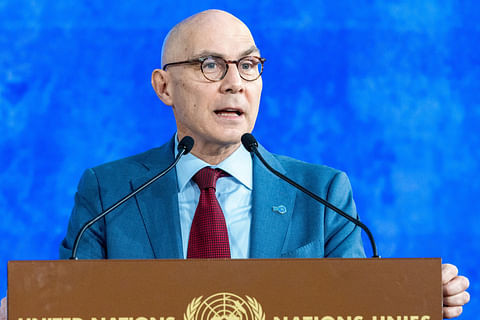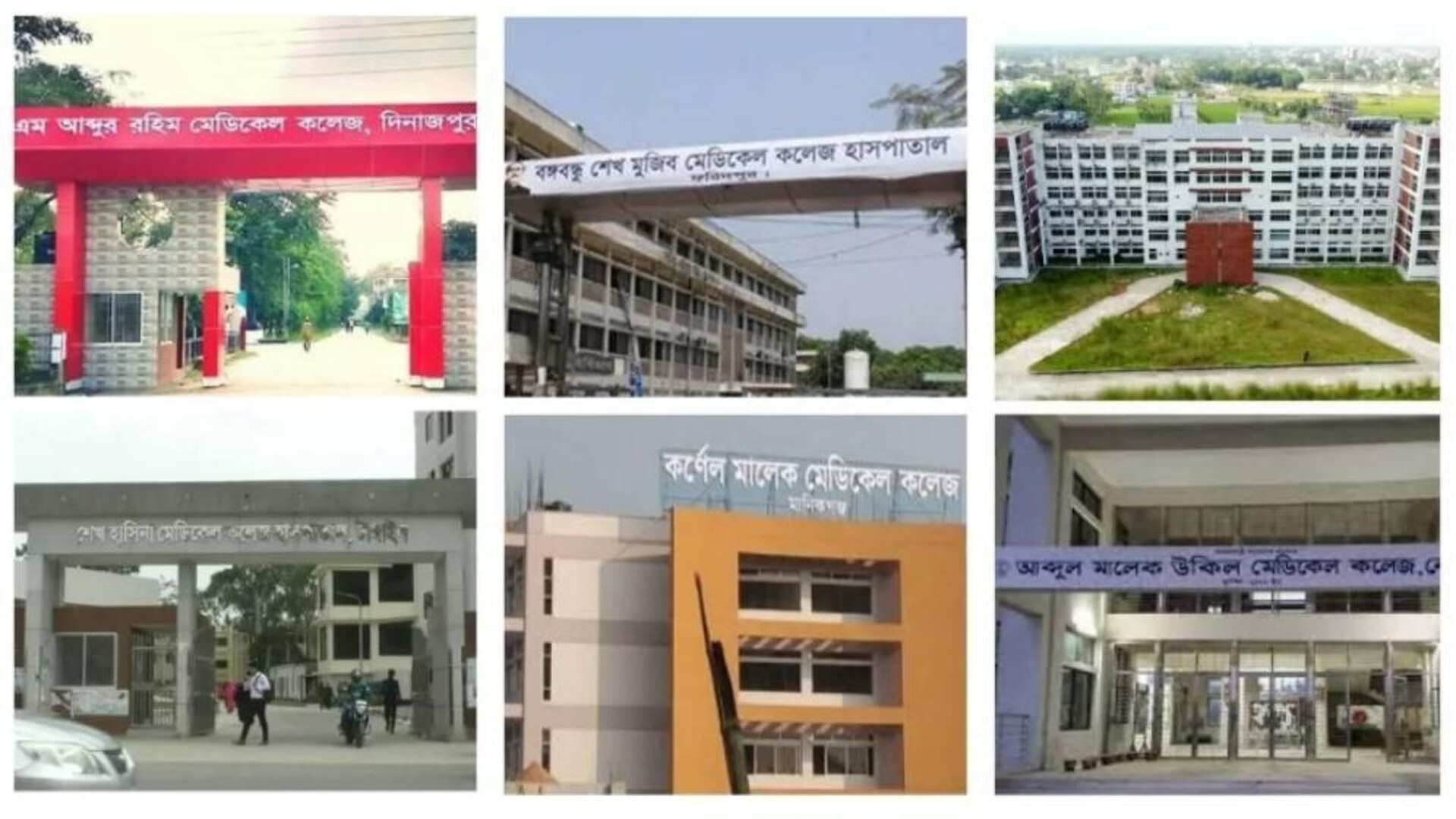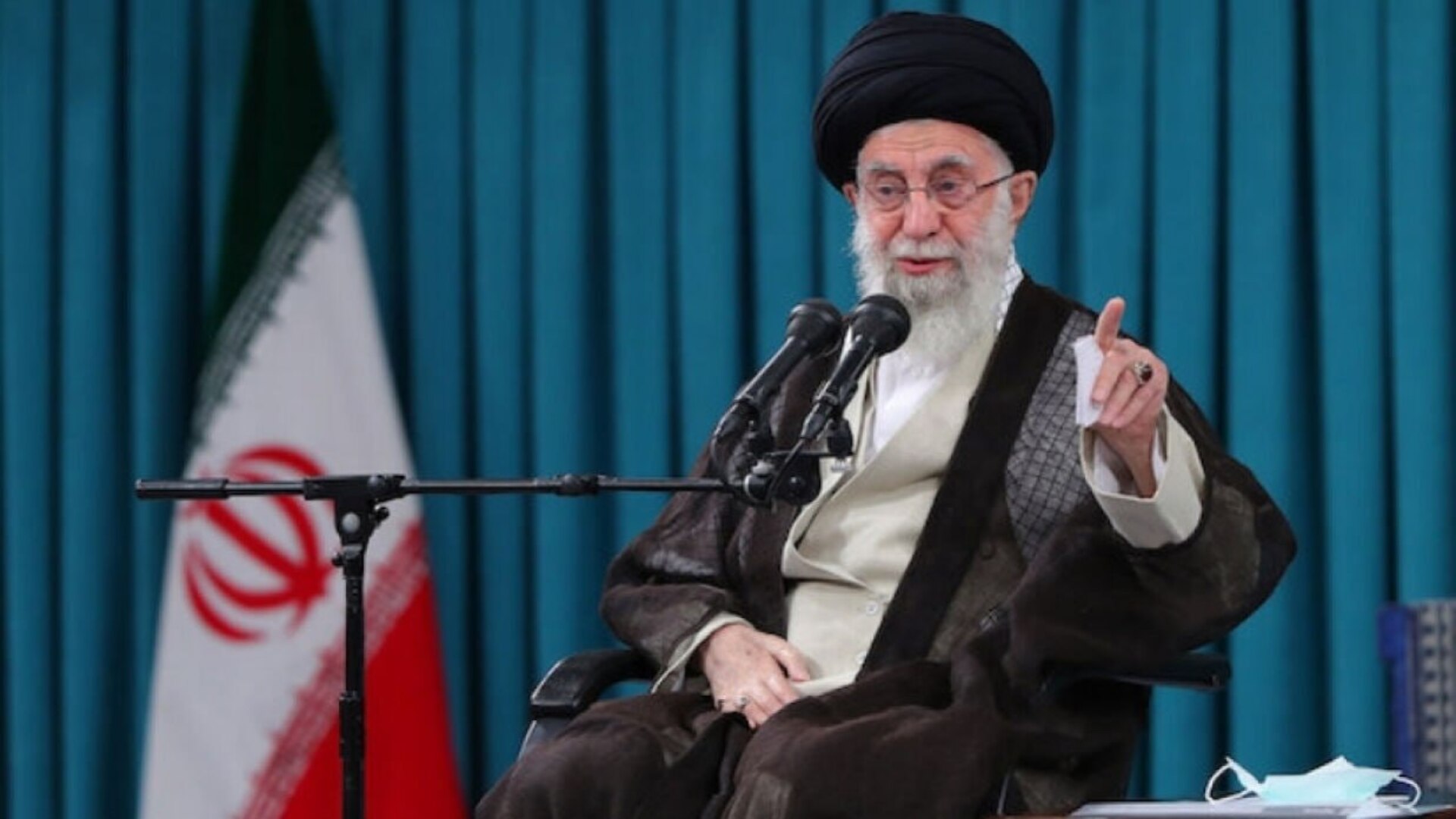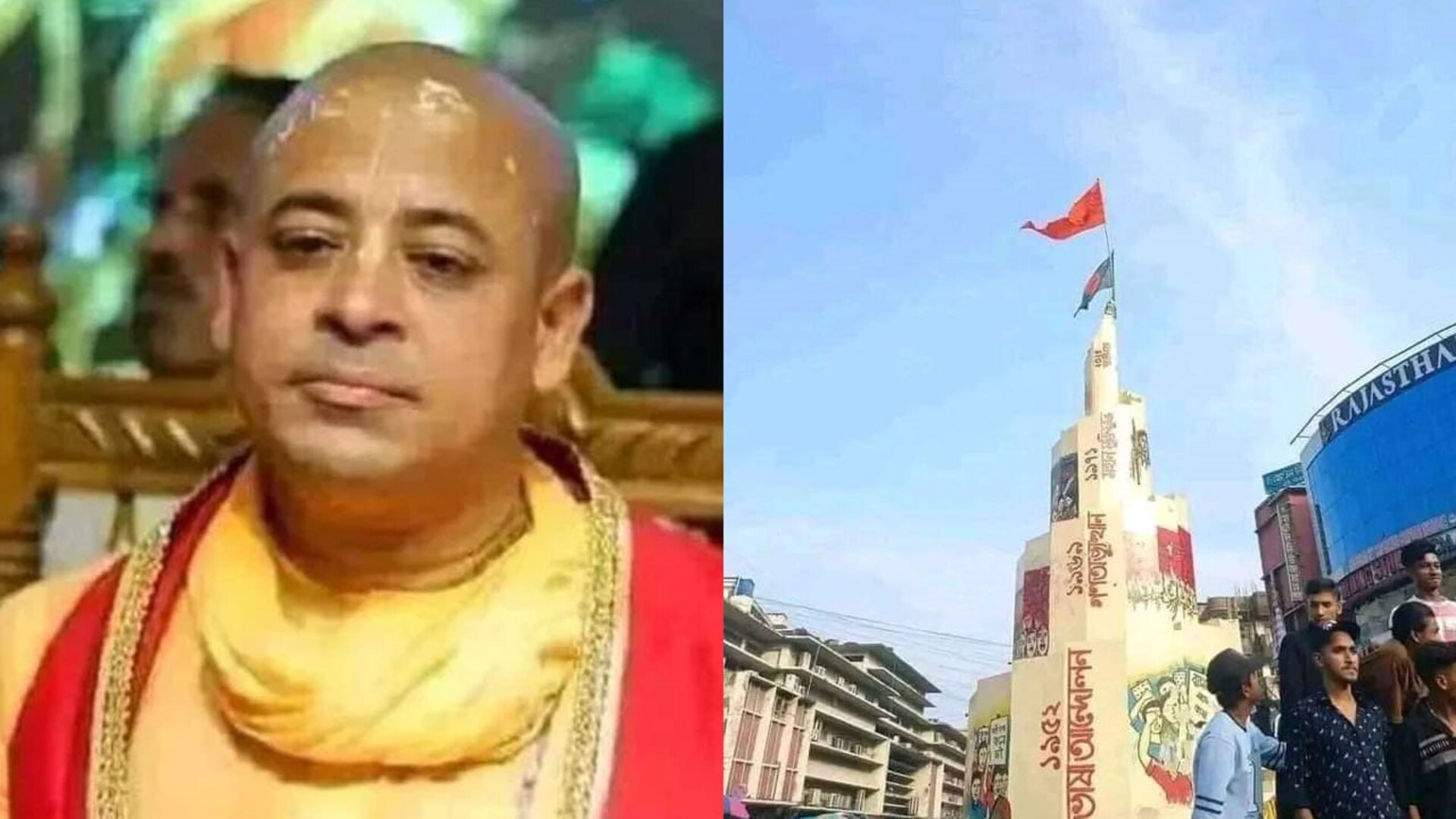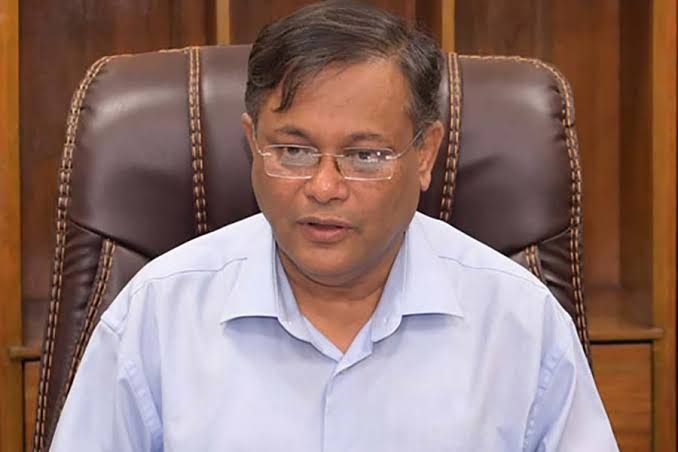
The country is on fire. There is no peace at home or abroad. The scorched city does not have the same noise it used to have. Not even a whisper of a person is seen for a long time. As if everyone has succumbed to the rays of the sun. There is a disaster in agriculture. The water has dried up on the coast. Public health is under threat. The mercury in the thermometer is touching 43 degrees Celsius in the scorching heat of the sun. There is no previous record of 28 consecutive days of heat wave in the history of the country.
Experts say that there is so much excitement about the passing of the day. More dire times lie ahead. Climate change has many man-made causes behind the deterioration of nature. They believe that the temperature has increased this year due to the effect of ‘El Nino’ along with unplanned urbanization, deforestation and depletion of reservoirs. Experts have also explained some ways to escape from this Rudramurthy of nature. However, no expert supports blaming nature for such disasters. They are looking at the human role behind the heat wave. From destruction of water bodies to continuous carbon emissions, indiscriminate felling of trees, unplanned urbanization, many things are making nature rough, they believe.
Azizur Rahman, director of Meteorological Department, said that apart from global climate change, this year’s heat wave is relatively high across the country due to the movement of intercontinental air and the rise in temperature at the local level. In addition, El Nino has aggravated the problem of climate crisis in Bangladesh. About the impact of El Nino, the meteorologist said, El Nino is one of two wind currents in the central and eastern Pacific Ocean. El Nino basically means a warming condition. On the other hand, ‘La Niña’ refers to its cooler conditions. The Australian Bureau of Meteorology reported the activity of El Nino since last September. Due to this, it is warned in advance that the heat wave will increase all over the world. The Australian Bureau of Meteorology said that El Nino ended on April 16. But even though it is over, the remnants of El Nino remain. So this time the heat wave has increased. Apart from this, there has been less rain this year. There was only one major kalbaisakhi in April. He said, the temperature may increase further. Urbanization will also increase the discomfort. We are working with that in mind.
Mostafa Kamal Palash, a PhD researcher on meteorology and climate at the University of Saskatchewan in Canada, said that the people of that place have control over the intensity of the heat wave. The same heat wave will cause much more discomfort for the people of Dhaka city than the amount of discomfort it will cause for the people of Aryol Bill area or hilly areas located next to Dhaka city. The more open spaces and trees there are in an area, the less people will experience the harmful effects of heat waves.
Director of Atmospheric Pollution Study Center (CAPS) Professor Dr. Ahmad Kamruzzaman Majumder said that the excessive population of Dhaka is also contributing to increasing the temperature. According to the US-EPA, average temperatures in any given area could increase by 1.8 to 5.4 degrees Fahrenheit for every million people. Dhaka city has a population of more than two crores, which is directly increasing the temperature. Apart from this, people in a large part of the city burn wood for cooking. Apart from this, there are about 20 lakh households in the city, whose 20 lakh stoves cook for at least three hours a day on an average. Another reason for the rise in temperature in Dhaka is the widespread burning of waste. Most of the vehicles and traffic congestion in the capital are also contributing to increase the temperature. The heat trapped in the extra glass of the new high-rise buildings and the heat released from the AC are radiating into the air, increasing the temperature.
Abdus Salam, Professor of Chemistry Department of Dhaka University, said, in the research, we have seen that five types of gases are accumulating in the air of Dhaka; Which is increasing the number of diseases and problems of the city dwellers as well as making the air hotter. The five types of gases are carbon monoxide, nitric oxide, nitrogen dioxide, volatile organic compounds and ozone. These gases can remain in urban air for 10 to 400 years. If the sources of these gases can be reduced, the city’s air pollution and overheating can also be brought under control and tolerable levels.
The executive director of the National Oceanographic and Maritime Institute (NOAMI) Dr. Mohan Kumar Das said, the time has come for the people of Bangladesh to get used to the increasing temperature. Declaring the heatwave as a national disaster, plans, policies and budgets should be formulated accordingly. Programs should be undertaken to deal with heat waves every year through the coordination of all the concerned organizations. Heat wave early warning system needs to be improved. Area and time wise heat flow should be accurately forecasted. Heat waves will flow in some areas, how many degrees Celsius the temperature will go above – these data will not solve the responsibility. We have to manage what, how and who will do it to deal with that heat wave. On its own, it is difficult to implement such an effective system with a small manpower of a government agency. Therefore, initiatives should be taken to implement it under public-private joint management. Time is not over yet. The to-do list is not very long. In short, it is important to take awareness, sincerity and environmentally friendly steps.
During this crisis, the Executive President of the Environment Protection Movement (PABA), public health expert, demanded to stop deforestation and deforestation. Lelin Chowdhury said that good health has a deep relationship with people’s working capacity. We can provide shade and fan on the heads of those who are doing heavy work while sitting. We can plant the trees that grow fast, so that under the shade of the tree b
They can exercise. We can plant grass. I can sprinkle water on the road to keep the weather cool. We can arrange clean water at every point, so that the rickshaw pullers can drink water every now and then. These should be done by the government.
Bangladesh Institute of Planners (BIP) president planner Professor Dr. Adil Muhammad Khan said, to control the temperature, the amount of concrete should be reduced and afforestation should be done. What is happening in Bangladesh is destructive urbanization. Alien invasive plants are being planted. Urban forestry should be given importance. To get rid of this, each area must have enough free space. It is possible to bring down the temperature to a tolerable level if you keep local ponds or reservoirs.
Syeda Rizwana Hasan, Chief Executive of Bangladesh Environmental Lawyers Association (BELA) and Supreme Court lawyer, said that there is no chance to ignore the heat wave as a global disaster. The reason why the temperature is becoming unbearable in Dhaka or across the country is because we are moving towards wrong urbanization. As Dhaka has been urbanized, the administration has not been developed for management. All international organizations have already warned about the heat wave in Bangladesh. However, the Ministry of Disaster Management and Relief did not take a role in the heat wave. We have indiscriminately covered the entire Dhaka city with concrete in the name of development. I added steel and glass to them. I have not judged how much temperature it tolerates. We have done big projects in the city, on the contrary, we have forgotten the 15 percent green space in the city. Where there were trees, we also put a concrete lining. Even though we built high-rise buildings, we did not make roof gardens mandatory. I am planting foreign trees in the name of beautification. Cutting down shade trees and planting ornamental trees; Which do not play a positive role in temperature control, carbon dioxide absorption, oxygen radiation.
He said, the temperature may not be reduced. However, the temperature can be kept at a tolerable level. Keeping the issue of climate disaster in front, the city should be arranged to save the city dwellers from heat wave. Every roof should be green. Buildings of wrong design cannot be allowed in this city. Water should be brought back to the city. Floodplain areas should be kept free. Low lying areas of the city should be protected. The Ministry of Disaster Management should formulate a plan. Corruption, greed, inefficiency have destroyed the city, action plan and implementation must be done to get out of it.
When asked if there is any initiative to take action regarding the heat wave as a disaster, the secretary of the Ministry of Disaster Management and Relief Md. Kamrul Hasan said that lightning was last declared a disaster in 2016. Many are talking about declaring the heat wave a disaster. When we talk, we will raise the issue at a higher level.

 Reporter Name
Reporter Name 
